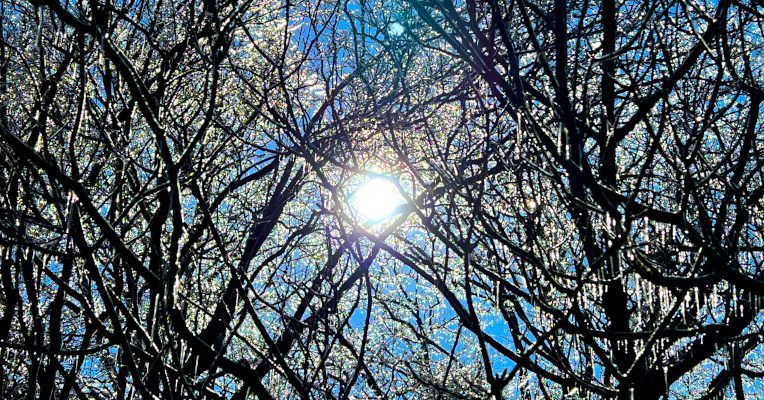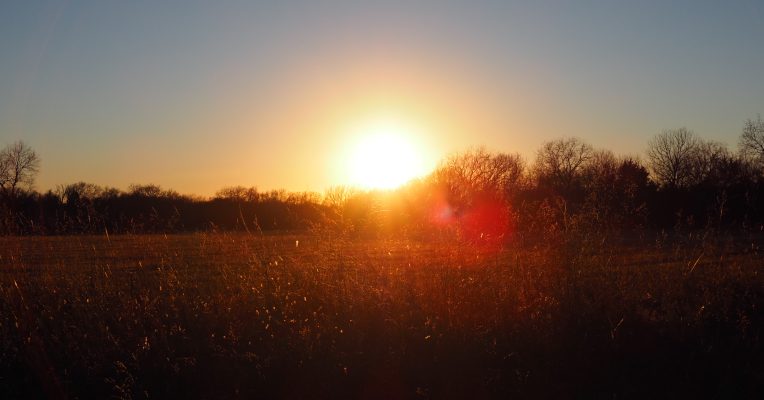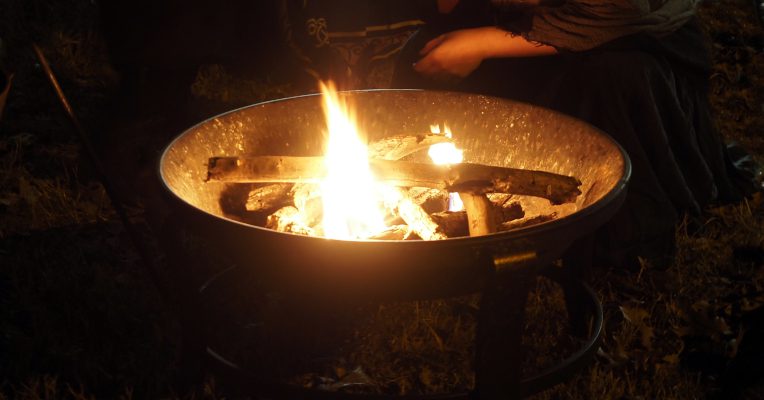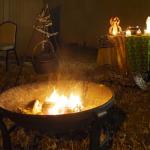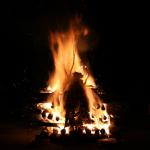In December, the bulk of the bloggers on the Patheos Nonreligious channel resigned. According to this report by Religion News Service, they were asked to tone down their criticism of religion – which, from my perspective as a religious person, sometimes crossed the line from critique into mockery. But also, many of the writers wanted their own specifically non-religious space.
In January the new site OnlySky launched, by and for the secular and nonreligious. It’s a lot more visually impressive than the Patheos Nonreligious channel, though it’s harder to navigate. As someone who supports religious freedom and diversity and who hopes everyone finds the path that’s best for them, I wish them well.
Atheists and Pagans are frequently on the same side when it comes to fighting for religious freedom and to prevent the dominant religion from using the power of government to promote its beliefs and to mandate its practices. We are competitors in the marketplace of religions, offering diametrically opposed alternatives to the dominant religion.
There is some overlap in the two movements – nontheistic Paganism is a valid path. I’m a polytheist, but if someone wants to pour an offering to Brighid, it would never occur to me to ask if they’re offering to the Goddess, to the saint, or to a metaphor for inspiration and healing.
And that brings us to the first post on OnlySky that grabbed my attention. Kristen Chase (who, best as I can tell, wasn’t part of Patheos Nonreligious) has a piece titled I’m nonreligious, and I kind of hope reincarnation is a real thing. It’s a short piece if you want to read it for yourself. Here’s a brief excerpt:
Do I really believe that I’ll see my kids after I die? No. And I certainly will not be handing out small booklets or knocking down anyone’s door to try to get them to believe right along with me.
But does it give me a little solace in these difficult times? Abso-freaking-lutely.
I appreciate Kristen Chase sharing her thinking on this, and I appreciate the OnlySky editors putting it on their front page (albeit near the bottom of the page).
Comments were mixed. Some were supportive and sympathetic while others were not, such as one that said “wishful thinking and no evidence of any of it.” That statement is blatantly false, and more importantly, it’s unhelpful to someone who is wrestling with a question that has challenged humanity for thousands of years.
The only thing we know is that we don’t know
The only thing we can say with certainty about what comes after death is that we don’t know. But the belief that consciousness survives death (whether through reincarnation, an afterlife, or something else) is intuitive and near-universal. Atheists like to say that children have to be indoctrinated into religion, but that’s not true. They have to be indoctrinated into specific religious traditions, but religion itself is organic – and that includes the belief that there’s something more than this world and this one life.
The evidence points me toward a belief in a time of rest and review in an Otherworld, followed by rebirth into this world. Unlike Kristen Chase, I really do believe that. But on a confidence scale, my belief in reincarnation is relatively low, far less than my belief in the reality of the Gods and the efficacy of magic.
Belief isn’t a binary thing. This is something our Christian-dominated culture doesn’t seem to understand. Growing up, I was taught there were some things I had to belief, and I had to believe them “with all my heart.” Doubt was a sin.
Doubt isn’t a sin. Doubt is the honest result when you examine inconclusive evidence. You come to what you think is the most likely conclusion, but you realize you might be wrong. You believe, but you hold that belief very loosely.
The fundamentalists I grew up with refused to consider that they might be wrong. So do the atheists telling Kristen Chase that her hope for reincarnation is “wishful thinking.”
Enjoy this life while you’re here
It’s natural to wonder about what comes after death. It’s not healthy to obsess over it. So many in our society do obsess over it, because the dominant religion tells us that it’s a high stakes matter. Pick the right belief and you’ll live forever in paradise. Pick the wrong belief and you’ll be tortured for all eternity.
The fact that the heaven-or-hell dichotomy has such high stakes with no clear and incontrovertible evidence was one of the first things that let me know what I was being taught by the Baptists wasn’t right. I may have been nine, but I was a clear-thinking nine-year-old.
I agree with the non-theists that we should never let our thoughts about the next life distract us from this life. There is work we must do here because it can only be done here.
Beyond that, as a Pagan I readily and unreservedly affirm that this life and this world are good. Nature is beautiful and terrible, live-giving and life taking, and it’s good. It’s not fair and it’s not nice – no world that includes war, famine, childhood cancer, and coronaviruses can be considered fair or nice. But it’s still good.
All those “bad” things remind us that the universe isn’t all about us. We’re one species on one planet that has existed for a fraction of the life of a universe that’s incredibly big and complex. And yet, here we are, contemplating it all.
And making it more fair and more nice for more persons is enough to keep us busy for more lifetimes than we can imagine.
The afterlife will take care of itself
The Morrigan holds my death. In Her usual cryptic manner, She’s told me very little about what comes after death and even less about when my death will be… if She knows… if She’s decided. Her message to me is to keep working to embody Her virtues and values in my life, and to spread them in this world.
I still think about what comes after death – a little, anyway. I’m human – how could I not think about it?
My thinking has led me to believe in reincarnation. But it’s a belief I hold loosely. I might be wrong – there might be only an afterlife. Or there might be nothing after death. I’m OK with that too. I would say I’d be disappointed if that’s the case, but if it is I won’t be around to know.
And I don’t want to get so caught up in the next life that I neglect to live this life as fully as I can.
What comes after death will take care of itself in its own time.


